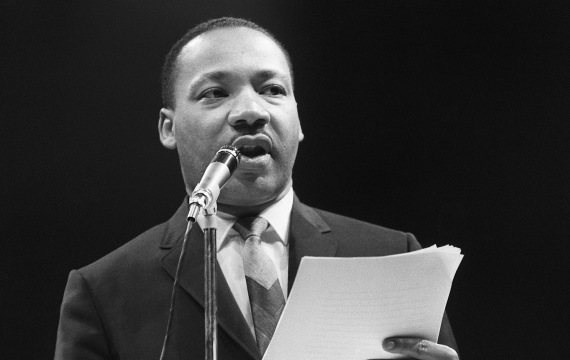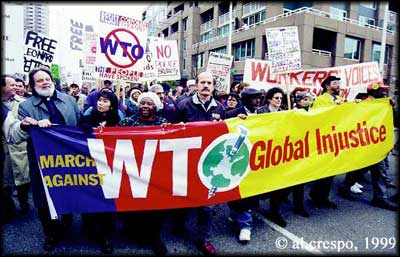Selma Extra Credit
I hope that you got a chance to see Selma, a moving drama about the events leading up to the Voting Rights Act of 1965, the piece of legislation seen as the culmination of the Civil Right Movement (CRM) in the 1960s.
This particular article is written by an historian who thinks the movie is flawed b/c it omits a key scene or the reason behind why King turned back at the Edmund Pettis Bridge days after Bloody Sunday (when the original marchers were attacked and broadcast on TV). http://www.thedailybeast.com/articles/2015/01/02/dr-king-goes-to-hollywood-the-flawed-history-of-selma.html
1. I’d like you to read it and tell me whether or not you agree with the historian and explain why this makes the movie flawed or not flawed.
Pick from TWO of the following:
2. The movie doesn’t try to show King as a hero. In fact, it shows his flawed marriage with Coretta and his infidelity and how it had affected their lives. Give your thoughts on the portrayal of the King marriage.
3. The FBI and J. Edgar Hoover director are shown as creepy, invasive, and abusive. They wiretapped the members of the CRM, they manufactured evidence to show King’s infidelity, and tried to prove that Malcolm X and King were communists. What are your thoughts on the abuses of power by the FBI and Hoover? 
4. Some historians, particularly those who have worked with President Johnson, have criticized the movie for not showing a more sympathetic Johnson (who was shown wanting to work more on his Great Society – War on Poverty and the Vietnam War which went barely mentioned). Anti-racist activists have criticized a sympathetic Johnson as taking away accolades from King, a black man, and giving more credit to the President, a white man, for a pivotal piece of legislation, the Voting Rights Act. Which portrayal do you think should have been shown? Why?
5. Draw some comparisons to Lincoln (the movie) and Selma. They can be favorable or unfavorable to either or both. Explain your reasoning for the comparisons (minimum of 2).
Your responses are worth 10 extra credit points and are due by Friday, February 6. Response total should be 300 words minimum.









